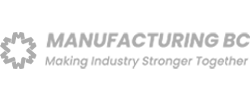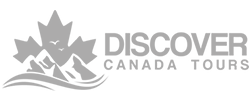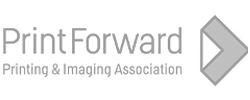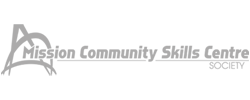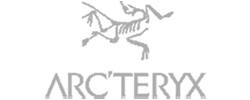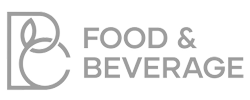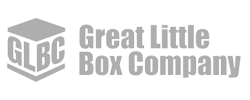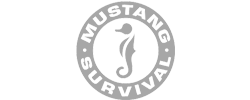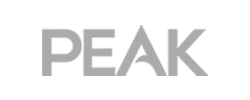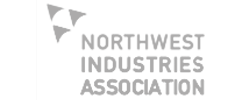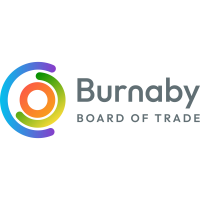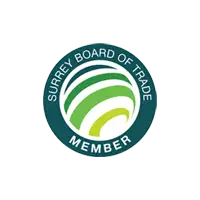Overview
Students enrolled in Northwest Skills Institute (“Northwest Skills, “NWSI”, “NW SKills”, “we”, “our” or “us”) programs will be held to a high standard of academic integrity in all learning, skills development, and assessment matters.
This policy defines academic integrity and provides guidelines on the procedure to be followed when a student has violated or deemed to have violated academic integrity.
Policy
NW Skills believes that the development of acceptable standards of academic integrity and honesty are important aspects of the learning process and an important foundation for professional discipline.
Individual students must assume responsibility and self-governance for the measure of discipline and academic integrity appropriate to their role as students and future behaviour in any workplace.
Academic Integrity is a commitment, even in the face of adversity, to five fundamental values: honesty, trust, fairness, respect, and responsibility. From these values flow principles of behaviour that enable academic communities to translate ideals into action.
(The Centre for Academic Integrity, Duke University. The fundamental values of academic integrity. Durham (NC), October 1999. p. 4)
Acts such as plagiarism, impersonation, and cheating are considered a direct violation of academic integrity and could result in severe penalties, such as suspension or expulsion.
-
Plagiarism
Plagiarism is the portrayal, claiming, or using another person’s work (sentence, thought, paragraph, intellectual property, data, drawings or images) without specific reference. This applies to material from all sources – print, media, web, photos, graphs and diagrams.In the academic world this is dishonest and considered to be theft.
While assignments and tests are intended to assess a student’s personal knowledge of a subject, there are times when students need to use resources written by others. Proper referencing acknowledges ownership and shows respect for the work of others and allows the reader to locate the source of information.
In addition, all assignments must be the independent work of the student. Duplication of another student’s work is considered plagiarism. Group assignments are considered to be the personal work of the entire group members shared equally.
Tests and exams are intended to establish the knowledge level of the student in a particular subject. Tests and exam assess and evaluate knowledge required by the profession and cited in the course outline learning outcomes. Each student is expected to respond independently to all the questions. Copying from the papers of other students is prohibited. With the exception of open textbook exams, copying from notes or textbooks brought into the test/exam room is not permitted.
-
Impersonation
Impersonation is the act of representing or being represented by another person during any evaluation, examination, or assignment.This includes working as a group or team in online activities that are intended to be completed individually.
-
Cheating
Cheating is an attempt to gain or provide an inappropriate advantage in an evaluation or assessment.Examples of cheating are:
- Obtaining a copy of an examination before it is officially available;
- Copying another person’s answer to an examination question during the examination;
- Consulting an unauthorized source during an examination;
- Bringing an unauthorized source specific to the subject into an evaluation; or
- Providing knowledge of materials on examinations to others (such as to those writing in a second or separate session such as an accommodation session).
Penalties
Violation of academic integrity is a serious offence. Depending upon extent, circumstances and previous record, violation of academic integrity will result in one or more of the penalties listed below:
- Loss of marks
- Counselling
- Letter of warning
- Probation
- Temporary suspension
- Full expulsion from program
- Restricted from all programs
PROCEDURE
A staff member who suspects or establishes that a student has violated academic integrity must address the issue with the student immediately. Whether the student accepts responsibility or not, a Violation Report must be filed with the Registrar.
- If the student accepts responsibility and the staff member has dealt with the situation, the Violation Report must be completed and filed with the Registrar who will share it with the Executive Committee. The Executive Committee has final discretion on the penalty and consequences based on the student’s record and seriousness of the violation.
- When a student has not accepted responsibility for violating academic integrity, a Violation Report must be completed and filed with the Registrar. The Vice-President, Programs will investigate the case and decide on the appropriate penalty and consequences. Each case will be treated individually on its own merit and penalties may vary. If termination from the program is deemed appropriate, the Executive Committee must approve the decision and notify the Registrar. In that event, the Registrar will notify the student in writing of termination no later than three working days after the investigation concludes.
DISPUTE RESOLUTION
A student may appeal the decision through the Disputes Resolution Process.
CONTACT US
If you have any questions or suggestions regarding our Quality Assurance Policy, please contact us.
Thanks to the Michener Institute of Education for their inspiration and support in the creation of this policy.
Preparing you for success
The Northwest Skills Institute is an industry focused training organization.
Our programs are geared specifically for industry, making students more qualified and READY FOR WORK.

It's time to upskill your employees and solve your workforce problems.
Contact our program coordinatorTrusted by companies looking to develop highly skilled workers
